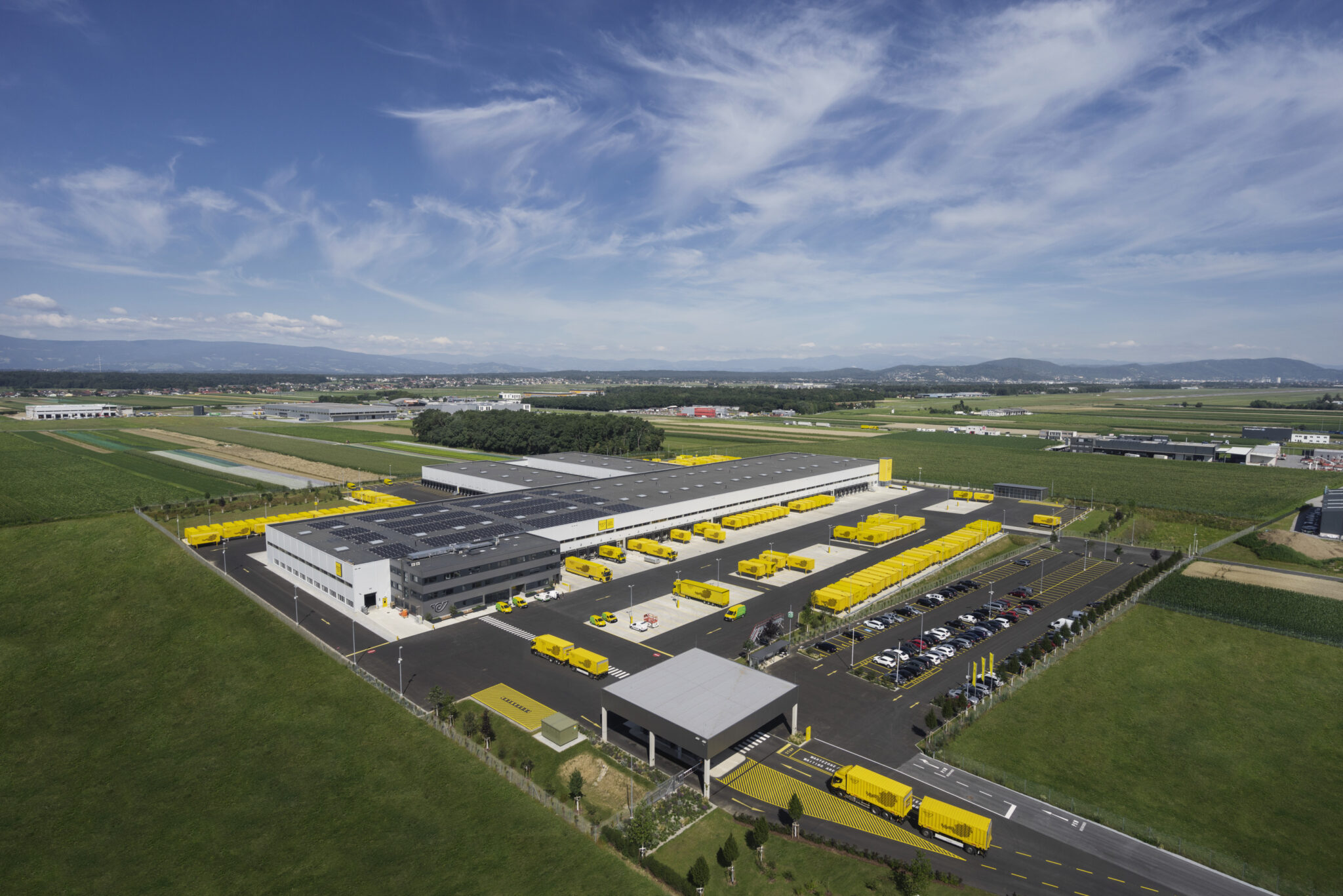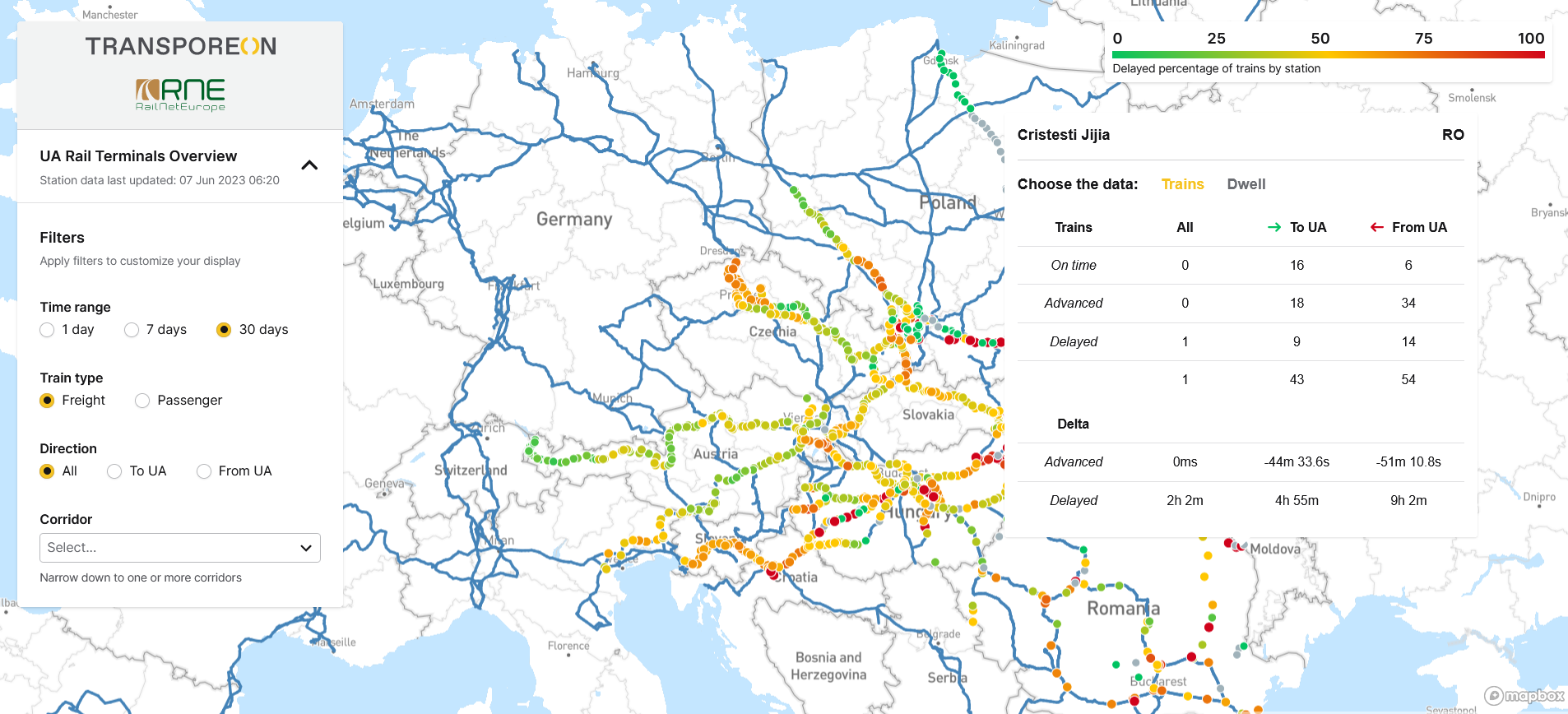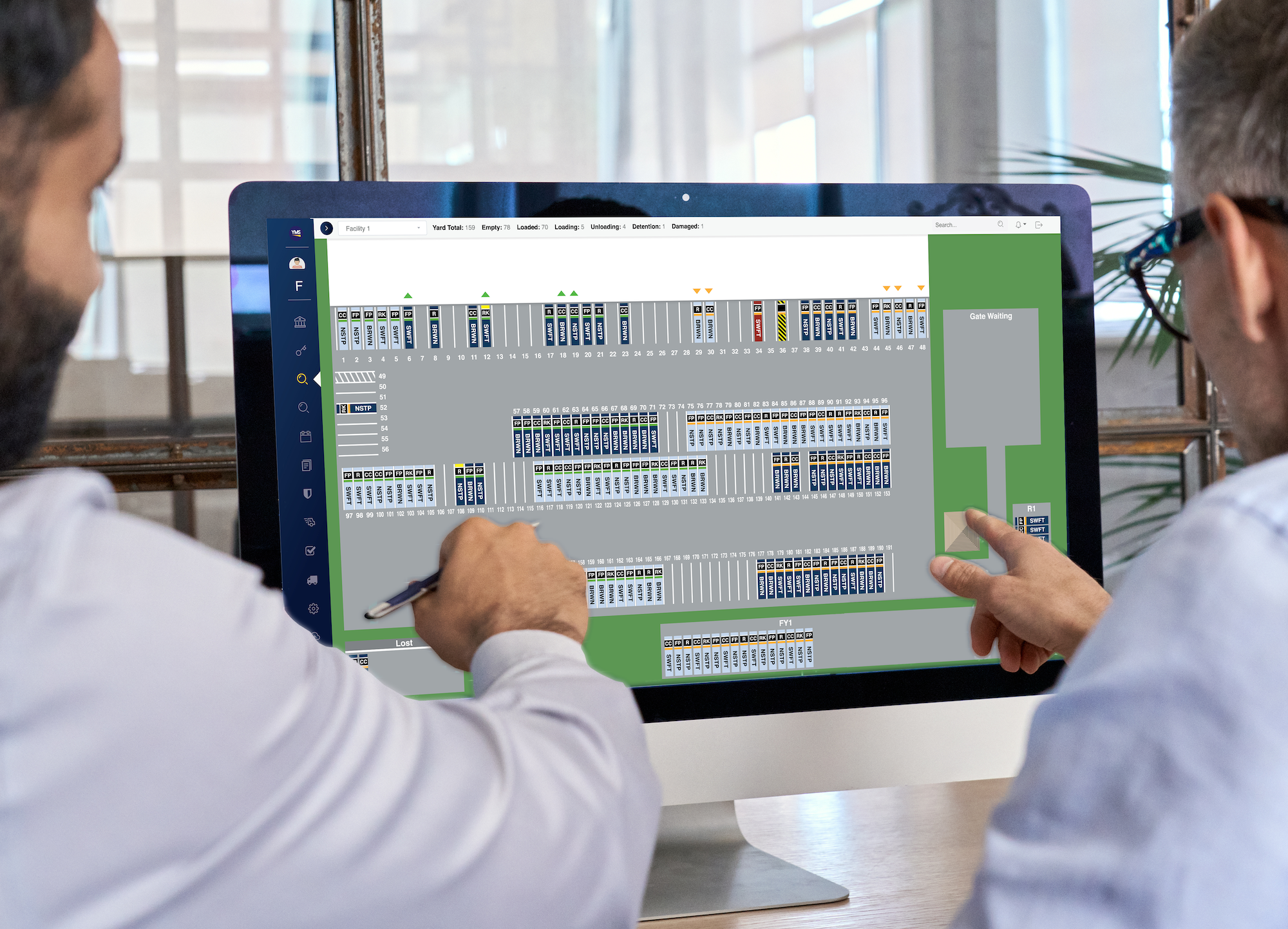Logistics Business magazine, in association with Aptean, has produced a short digital issue eBook about Transport management operations and cloud-based route planning. In this 8-page special guide, Editor Peter MacLeod talks to Aptean’s spokespeople Gail Skinner and Ben Glossop about the benefits of digitization.
Read the eBook here now
The costs associated with the manual administration of business processes are usually unquestionably absorbed as unavoidable running costs, but in the current economic climate they are being scrutinized more closely than ever. It’s at times such as these that digital transformation can deliver a compelling ROI. Digital transformation brings many benefits to a business, and Aptean is well placed to steer customers towards a more profitable future, whether that’s optimizing time and resources, eliminating security concerns, or achieving sustainability targets.
The optimizing of transport operations is a process that can bring significant savings, especially for a business that does not consider logistics as its core function. In better times, transport is often viewed as a necessary evil, but with the cost of fuel and energy reaching unprecedented highs and labour shortages affecting recruitment of drivers, businesses are seeking new ways to reduce the size of their fleets.
The benefits brought by digital transformation vary according to the starting point of each particular customer. “We have different discussions with different types of customers,” says Ben Glossop, Vice President of Sales at Aptean. “They may be still doing their planning using an Excel spreadsheet or a whiteboard. In one case, when people were talking about pencilling in appointments I thought that was just a term they used, but when our solution team got there they were literally using a diary!” In situations like these, finding a business case to move away from a paper-based solution is a no-brainer, but in many other cases the decision to digitize isn’t always so obvious.
In terms of fleet optimisation, businesses running a minimum fleet size of around a dozen vehicles will start to benefit from using Aptean Routing & Scheduling Paragon Edition software. The solution is also used by the very largest fleet operators such as supermarkets, and although the system has evolved greatly over time there are still opportunities to make improvements. This is in part thanks to the superior algorithms behind the system that are ideally suited to deal with both the complexity and the uncertainty of truck routing. By reducing daily truck movements companies achieve savings in resources such as drivers, vehicles and fuel. Over a year that number becomes substantial.
Prior to implementation, Aptean’s team of experts will consult with the customer and apply a test data review to benchmark its current operations against the proposed solution. The greater the access to a customer’s existing data – for example to its order management system or ERP – the more the solution can be fine-tuned to produce the greatest benefits. “The software is effectively taken off the shelf and the customer then has the opportunity to sculpt the way it works to achieve the most desirable outcome,” says Glossop. “So when implementation takes place, they will as near as possible get an immediate positive result. One of the challenges that we have to deal with is the expectation that the software is telling the customer what to do. In actual fact, it is the other way round, as Aptean Routing & Scheduling responds to customer input.”
Another pushback to implementation can come from drivers themselves, however; those with something to hide are usually the most vocal in their objections. “Looking at the planned movements versus the actual movements, you can sometimes see glaring areas in which drivers are making unscheduled breaks during company time. In the vast majority of cases, however, drivers are won over when they realise that the software can bring them back to the depot or to their home at the same time every day. They’re not doing hours of overtime and no longer find themselves stuck in the middle of nowhere on a Friday afternoon.
“It’s plain sailing once they have bought into the feedback process. Aptean Routing & Scheduling can also be used as a tool to incentivise drivers to perform at the highest level of efficiency and safety. The system provides the company with data it can use to either reward their better performing drivers, or retrain those towards the bottom of the performance chart.”
With reports of cyber-attacks constantly in the news, businesses are rightly concerned about the protection of sensitive customer and commercial information; the implementation of cloud-based Software-as-a-Solution (SaaS) technology often leads to concerns about data security. Gail Skinner, Aptean’s Senior Solutions Consultant, says Aptean’s expertise in this area lays such concerns to rest. “We have a large Information Security Office led by our CIO, and our investment in that grows year-on-year,” Gail says. “Not only are Aptean security experts looking at what the standards for security are today, we also have a team who are tasked with looking at the security standards of tomorrow. They are already working out what our policies as an organisation need to be and how we can build those security standards into our products.
Aptean also partners with Microsoft Azure to securely host our products and our dedicated Reliability Engineers are responsible for our solution infrastructure, working in tandem with our product, research and development teams to make sure products are secure.”
Working from Aptean’s tech hub, these engineers build intrinsic security into the system, so all products are developed with this anti-threat policy in mind. Furthermore, should a business experience an unplanned event – such as a flood, fire, or ransomware attack – its data is safely backed-up to the cloud multiple times to a secondary site at least 300 miles away from the primary location.
Agility is another key requirement for businesses working in a dynamic industry sector such as logistics and eCommerce, where customer habits can rapidly change. Should a business need to alter the shape or size of its logistics functions or move to new premises, Gail says Aptean has it covered: “The beauty of our cloud-hosted system is that if a business moves its operation from one location to another, the software and data are not all stored on local servers that have to be relocated and reinstalled. It’s possible to literally just turn up at the new location the next day, open up the application and still access everything.
“Also, if demand increases and an Aptean Routing & Scheduling customer needs the ability to process more items, it’s really easy for us to scale-up the virtual environment that they’re in. They don’t need to invest in new hardware or new servers with better capabilities.”
The same goes for upgrades, which used to be disruptive and time-hungry when applied to on-premise hardware. Not only are upgrades now executed remotely, with no customer downtime, they can occur much more frequently than before. “Historically with Aptean Routing & Scheduling Paragon Edition as an on-premise solution, customers would get a new version of the software every year or so,” adds Ben. “In the new SaaS world, upgrades happens automatically and seamlessly behind the scenes. There are potential cost savings there, particularly around administration, as the next version is there for end users just as they open up for the new day.”
Every organisation that deploys a fleet of vehicles must be mindful of rising fuel costs. Furthermore, should it need to grow its fleet, rising bank interest rates and long lead times for new vehicles make a compelling case for optimising existing vehicle usage. The same holds true for the increasing need to reduce carbon use. Aptean’s Routing & Scheduling software is already designed to reduce the amount of fuel used, the amount of miles driven, and the number of vehicles in a fleet, so carbon use will already be minimised. On top of that, the software has an additional feature called the carbon minimiser. “This looks at getting weight off the vehicle early in its run by taking into account the size of the loads as well,” explains Ben. “So, for example, using just the mapping software, the most efficient route will be calculated taking into account factors such as time windows and rush hours. However, if the final drop on that route accounts for three-quarters of the vehicle’s load, then the carbon minimiser might propose that the heaviest is dropped first, even if it takes a little bit longer or adds a bit to the distance. The logic there is that you are not then carrying three-quarters of a load around to all the other customers.”
When Aptean consults with a customer to help make it leaner, savings aren’t just found out on the roads. Internally within a business there are often inefficient processes and functions that can be reduced or eliminated. Ben cites an example in which an employee spends the entire working day on Google Maps plotting routes for the following day’s vehicle movements. “Is that really the best use of their time and are they getting the best answer?” he asks. “In some larger operations, we have slimmed down and centralised the planning team. For smaller companies, it’s just a better use of someone’s time. A very clever transport planner will always have a role, because they can still tinker with the Aptean Routing & Scheduling plan. We don’t discourage that, because user experience and knowledge adds value and improves the quality of the plans.”
Many organisations also find savings in the area of customer services. Because the software issues automatic updates regarding planned delivery times or late arrivals, end customers are kept better informed about the status of deliveries and make fewer calls. Often, the number of customer services personnel can be reduced. Furthermore, the team needn’t be so large once processes are improved, as the number of incoming complaints will also be minimalised.
With the economic climate arguably the most challenging it has been in living memory, businesses need to be in a state of continuous improvement not only to get ahead, but sometimes also just to stay afloat. Aptean has the tools, experience and expertise to help businesses extract the maximum capability from their assets – both physical and human – to help increase performance, eliminate waste, reduce carbon usage, and, most importantly, lower costs and improve profitability.











